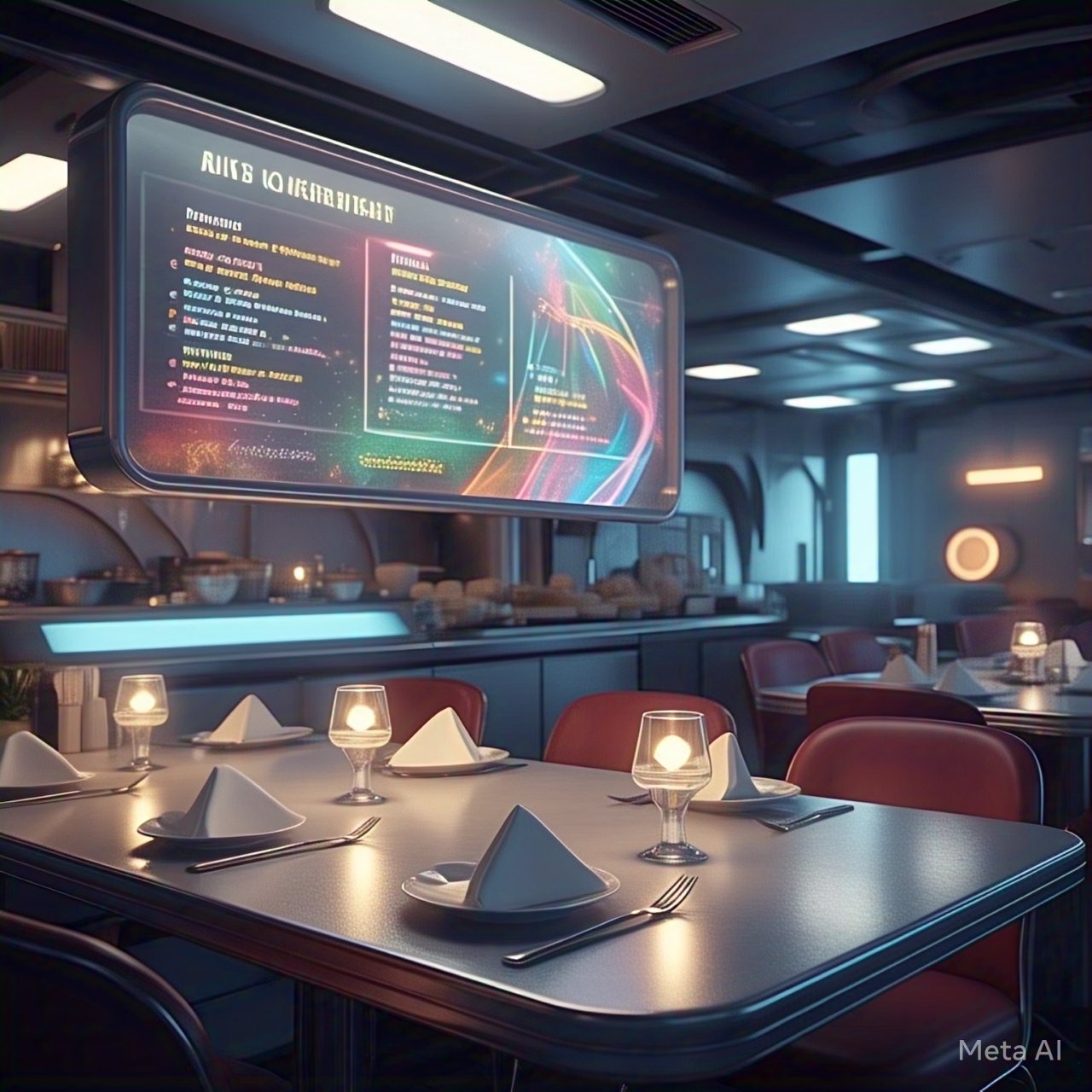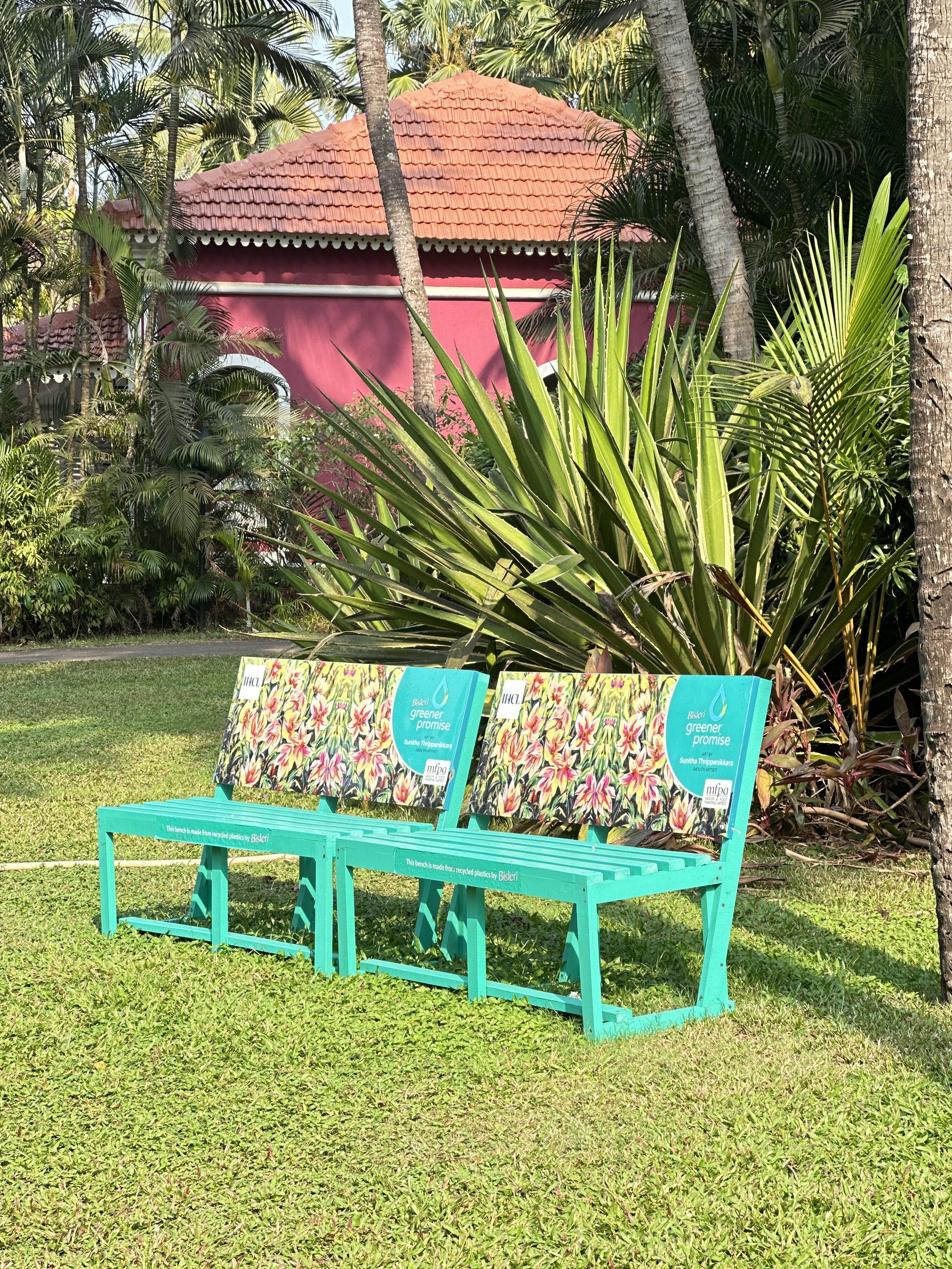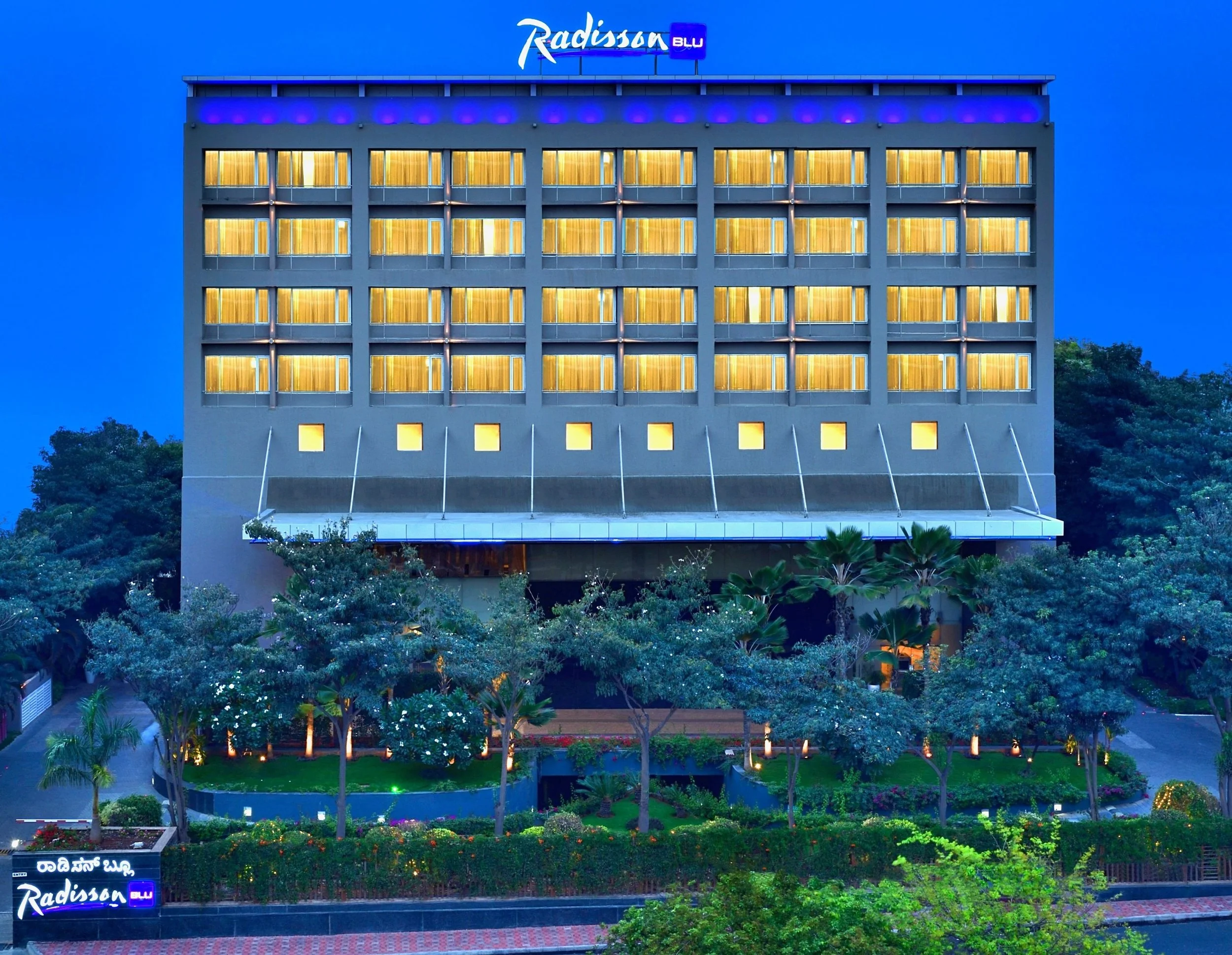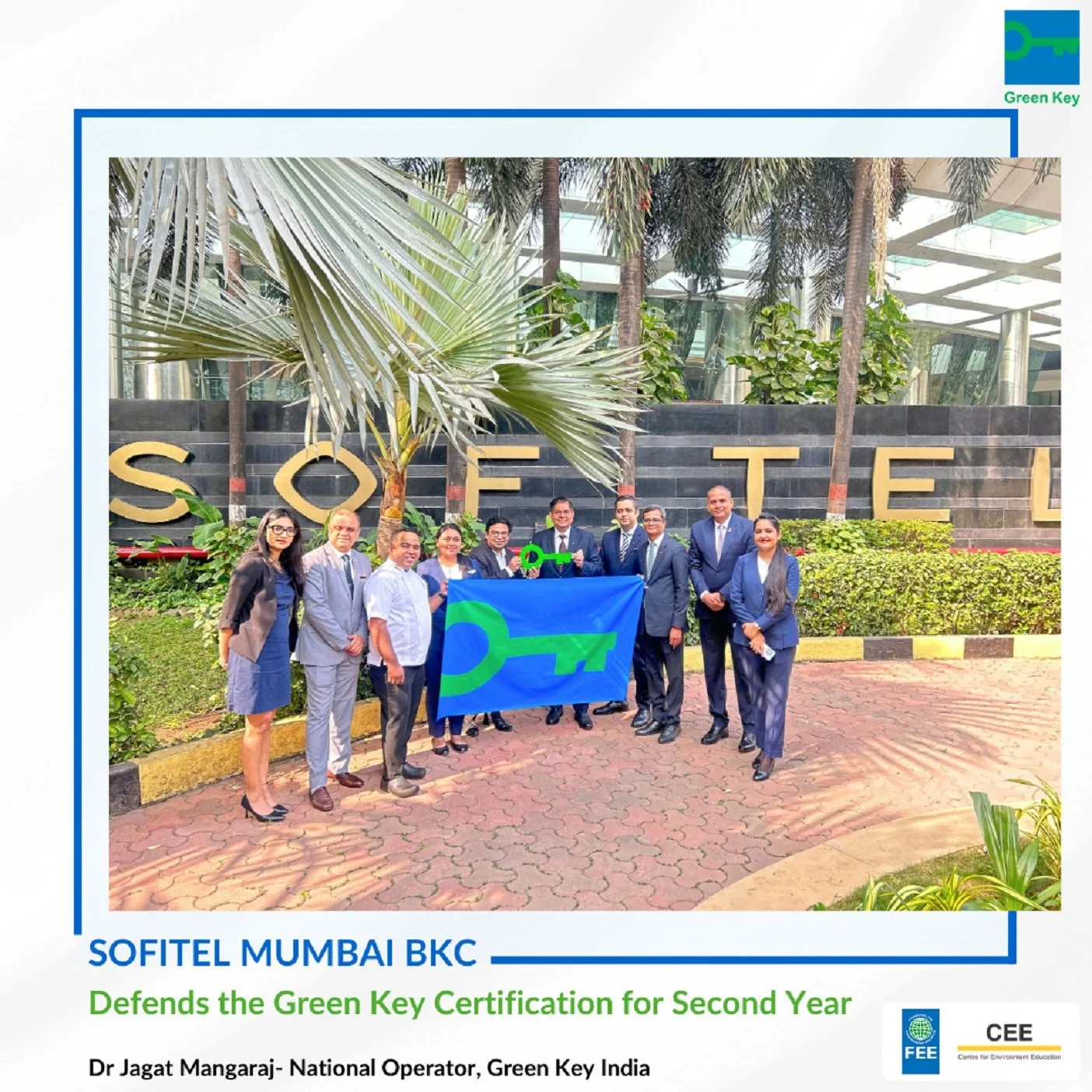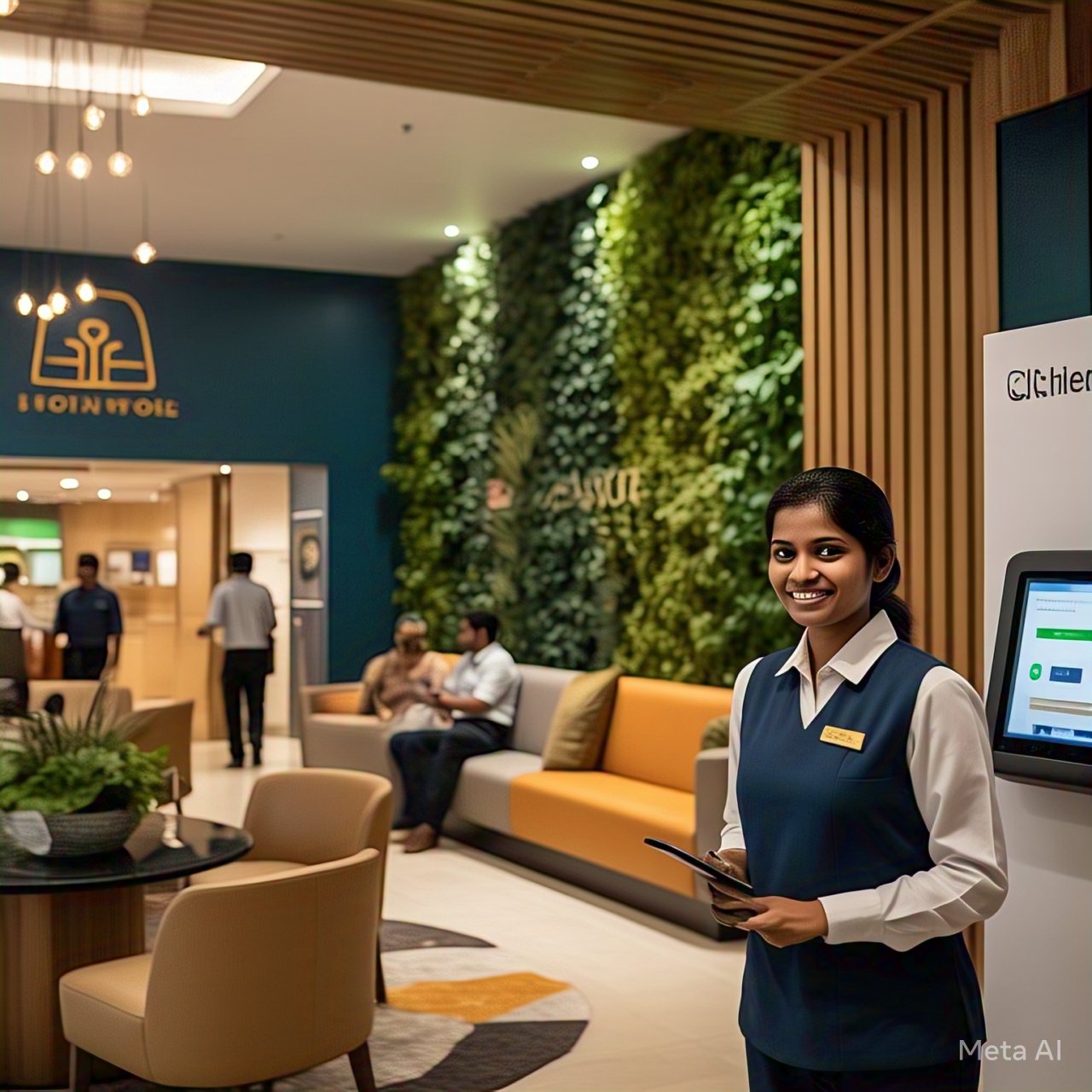The Future of Personalized Dining: From AI-Generated Menus to Customized Culinary Journeys
/The food and beverage (F&B) industry is undergoing a transformative shift, driven by advancements in technology and evolving consumer expectations. Today, diners are no longer satisfied with one-size-fits-all menus or generic dining experiences. Instead, they crave personalized, immersive, and memorable culinary journeys tailored to their unique preferences, dietary needs, and even emotional states. From AI-generated menus to hyper-customized dining experiences, the future of personalized dining is here—and it’s revolutionizing the way we eat.
The Rise of Personalization in Dining
Personalization in dining is not a new concept. Chefs have long tailored dishes to accommodate dietary restrictions or preferences. However, the integration of artificial intelligence (AI), machine learning, and data analytics has taken personalization to unprecedented levels. Restaurants, cafes, and even food delivery services are leveraging technology to create bespoke dining experiences that cater to individual tastes, health goals, and cultural preferences.
Why Personalization Matters
Health and Wellness: With the rise of dietary trends like keto, veganism, and gluten-free diets, consumers are increasingly seeking meals that align with their health goals.
Convenience: Busy lifestyles demand quick, tailored solutions, whether it’s a meal kit or a restaurant recommendation.
Experience: Diners are willing to pay a premium for unique, immersive experiences that go beyond just food.
Sustainability: Personalized dining can reduce food waste by tailoring portion sizes and ingredients to individual needs.
How Technology is Driving Personalized Dining
1. AI-Generated Menus
AI is transforming how menus are created. By analyzing customer data, including past orders, dietary preferences, and even social media activity, AI can generate personalized menu recommendations. For example:
NotCo: This Chilean food tech company uses AI to create plant-based alternatives to popular dishes. Their AI platform, Giuseppe, analyzes molecular structures to replicate the taste and texture of animal-based products.
Spoon Guru: A UK-based platform that uses AI to help restaurants and retailers offer personalized food recommendations based on dietary needs and preferences.
2. Hyper-Personalized Recommendations
AI-powered recommendation engines are becoming a staple in the F&B industry. These systems analyze vast amounts of data to suggest dishes, drinks, and even wine pairings tailored to individual tastes. Examples include:
- *OpenTable: The platform uses AI to recommend restaurants based on a user’s dining history and preferences.
- Deliveroo and Uber Eats: These food delivery apps use machine learning to suggest meals based on past orders and browsing behavior.
3. Immersive Dining Experiences
Technology is enabling restaurants to create multi-sensory dining experiences that engage sight, sound, and even smell. Examples include:
- Project Nourished: A virtual reality (VR) dining experience that uses VR headsets, scent diffusers, and 3D-printed food to simulate exotic meals without the calories or environmental impact.
- Alchemist: A Copenhagen-based restaurant that combines gastronomy with theater, offering a 50-course meal accompanied by immersive visual and auditory effects.
4. Customized Culinary Journeys
Some restaurants are taking personalization to the next level by offering entirely customized dining experiences. For instance:
- Atelier Crenn: Chef Dominique Crenn’s San Francisco restaurant offers a personalized tasting menu based on diners’ preferences and dietary restrictions.
- Dinner by Heston Blumenthal: This London-based restaurant uses historical recipes and modern techniques to create bespoke dishes tailored to individual tastes.
5. Smart Kitchens and IoT
The Internet of Things (IoT) is enabling smart kitchens that can adapt to individual preferences. For example:
- Moley Robotics: A fully automated robotic kitchen that can prepare personalized meals based on user input.
- June Oven: A smart oven that uses AI to recognize food and cook it to perfection based on individual preferences.
Examples of Brands Embracing Personalization
1. Chipotle: The fast-casual chain uses AI to recommend menu items based on customer preferences and past orders.
2. Starbucks: Their mobile app uses data analytics to offer personalized drink recommendations and rewards.
3. Hellmann’s: The brand launched a “WhatsApp fridge” in Brazil that suggests recipes based on the ingredients users have at home.
4. Nestlé: The company’s “Wellness Ambassador” program uses AI to provide personalized nutrition advice and product recommendations.
The Role of Data in Personalized Dining
Data is the backbone of personalized dining. By collecting and analyzing data from various sources—such as loyalty programs, social media, and wearable devices—restaurants can gain insights into customer preferences and behaviors. For example:
- Wearable Tech: Devices like Fitbit and Apple Watch can provide data on a user’s health metrics, enabling restaurants to suggest meals that align with their fitness goals.
- Loyalty Programs: Starbucks’ rewards program collects data on customer purchases to offer personalized promotions and recommendations.
To-Do List for Hospitality Leaders
1. Invest in AI and Data Analytics: Leverage AI to analyze customer data and offer personalized recommendations.
2. Adopt Smart Kitchen Technology: Implement IoT devices to streamline operations and enhance personalization.
3. Create Immersive Experiences: Experiment with VR, AR, and multi-sensory dining to engage customers.
4. Focus on Sustainability: Use personalization to reduce food waste and promote sustainable practices.
5. Prioritize Data Privacy: Ensure that customer data is collected and used ethically and transparently.
6. Train Staff: Equip your team with the skills to deliver personalized service while maintaining a human touch.
7. Collaborate with Tech Partners: Partner with tech companies to stay ahead of the curve in personalized dining innovations.
8. Gather Feedback: Continuously collect customer feedback to refine and improve personalized offerings.
Personalized dining is no longer a luxury—it’s an expectation. By embracing technology and prioritizing individual preferences, hospitality leaders can create unforgettable culinary experiences that keep customers coming back for more. The future of dining is personal, and the time to act is now.

